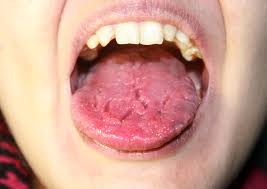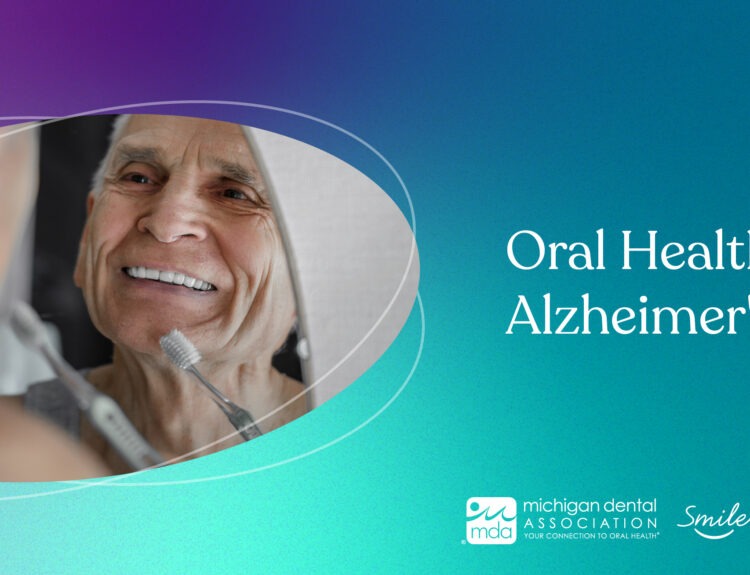What is Dry Mouth (Xerostomia)?
Have you ever experienced a dryness feeling in your mouth that doesn’t seem to go away no matter how much water you drink? That uncomfortable condition could be Xerostomia. Commonly people call it as “dry mouth.” While it might seem like a minor inconvenience, xerostomia significantly impacts your body health and quality of life if left unaddressed.
Xerostomia is a condition where your mouth does not produce enough saliva to stay moist. Saliva isn’t just for keeping your mouth comfortable; it plays a vital role in digestion, oral health as well as general well-being. It helps break down food, prevents tooth decay by washing away food particles, and controls bacteria in the mouth. Moreover, Xerostomia is a condition where your mouth does not produce enough saliva to stay moist.
What Causes Xerostomia?
- Medications: Many prescription and over-the-counter medicines list dry mouth as a side effect. These include antihistamines, decongestants, pain relievers as well as medications for high blood pressure or depression.
- Medical Conditions: Diabetes, as well as certain other diseases like Sjögren’s syndrome, Parkinson’s disease, and rheumatoid arthritis can lead to reduced saliva production.
- Radiation Therapy: Treatments for head and neck cancers often involve radiation, which can damage salivary glands and consequently result in dry mouth.
- Dehydration: Not drinking enough water, excessive sweating, fever, or conditions like diarrhea can cause temporary dry mouth.
- Lifestyle Choices: Smoking or chewing tobacco and consuming excessive caffeine or alcohol can also dry out your mouth.
Symptoms of Xerostomia
The signs of xerostomia are usually straightforward. You may notice:
- A persistent dry, sticky feeling in your mouth
- Difficulty chewing, swallowing, or speaking
- Cracked lips or sores at the corners of your mouth
- A rough or dry tongue
- A burning or tingling sensation in your mouth
- Bad breath
- An increased rate of dental decay and gum disease
How is Xerostomia Managed?
- Stay Hydrated: Drink plenty of water throughout the day to keep your mouth moist as well as your body hydrated.
- Chew Sugar-Free Gum or Suck on Sugar-Free Lozenges: These can stimulate saliva production.
- Use Saliva Substitutes: Over-the-counter sprays, gels, or rinses designed to mimic saliva can provide temporary relief.
- Adjust Medications: If a specific drug is causing dry mouth, talk to your doctor about possible alternatives or adjustments.
- Practice Good Oral Hygiene: Brush your teeth twice a day using fluoride toothpaste, floss daily, and visit your dentist regularly. Consider using an alcohol-free mouthwash to avoid further dryness.
- Avoid Drying Substances: Limit alcohol, caffeine, and tobacco use, as these can exacerbate dryness.
- Use a Humidifier: Adding moisture to the air, especially while sleeping, can significantly help alleviate dry mouth symptoms.
- Medical Treatments: In some cases, medications like pilocarpine or cevimeline can be prescribed to stimulate saliva production.
Read our full disclaimer.



